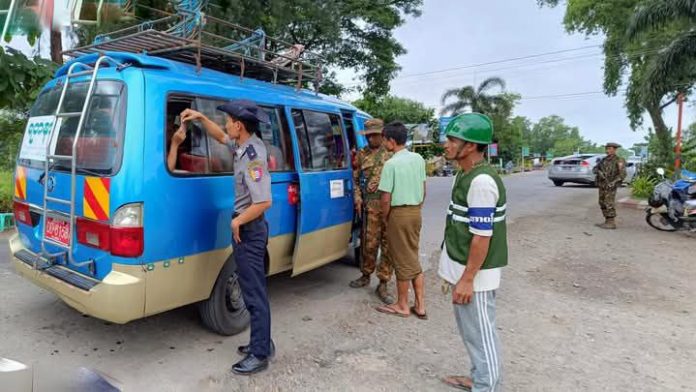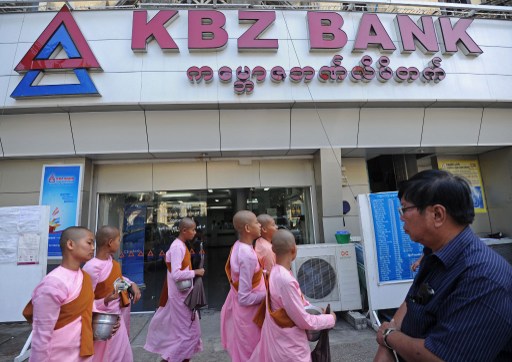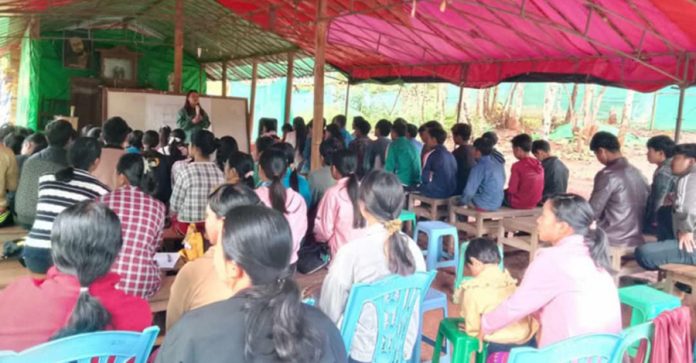The regime in Naypyidaw signed and enacted its cyber security law on Wednesday over two years after a draft version surfaced – and was criticized by civil society and internet freedom groups – following its 2021 military coup.
“This law violates basic human rights. The law that they enacted and the law we wanted to see before the military coup is completely different. We could even say they copied China’s cyber security law,” Wai Phyo Myint, the Asia-Pacific Policy Analyst at Access Now, told DVB.
The cyber security law consists of 16 chapters and 88 articles, which calls for the regulation of Virtual Private Networks (VPNs), a service that allows internet users to circumvent blocked or banned websites or smartphone applications.
It adds that individuals “establishing VPNs” without permission from the authorities will be sentenced to a maximum of six months in prison, or receive a fine of up to 10 million kyat ($2,300 USD).
“What is ‘VPN establishment’? Does that mean using VPNs or creating software? It does not describe it precisely,” a human rights activist told DVB on the condition of anonymity. “It is more about creating ways for military personnel to earn more [bribes],” he added.
Military and police have been conducting spot checks on motorists’ mobile phones at checkpoints and highway toll gates since the cyber security law first surfaced online. Some motorists have reported to DVB that they have had to pay bribes to avoid arrest at checkpoints if VPNs are discovered on their phones.
The regime began restricting access to VPNs on May 30, which netizens in Myanmar have relied on since the military began blocking access to Facebook and news websites after the military coup on Feb. 1, 2021.
“The issue goes beyond simply blacklisting certain VPNs. It involves setting up extensive monitoring systems similar to the ‘Great Firewall’ used in other countries. This system watches and controls internet traffic, allowing only approved IP addresses to access the internet,” an IT expert told DVB on the condition of anonymity in June.
The regime has imposed telecommunications and internet blackouts on townships across Myanmar where anti-coup protests and fighting between the military and resistance forces has taken place. In 2023, Access Now documented that the regime had imposed at least 37 internet shutdowns in 13 states and regions.
The U.S.-based watchdog organization Freedom House stated in its 2024 Freedom of the Net report that the internet in Myanmar is on par with China as the least free in the world. It added that 2024 marked the first time in a decade that any country has ranked as low as China. Burma scored nine out of 100 in terms of internet freedom, which was a decline by one point from the previous year.
“Myanmar’s military has conducted a brutally violent crackdown on dissent and imprisoned thousands of people in retaliation for their online speech, all while building a mass censorship and surveillance regime to suppress the activities of civilian pro-democracy activists and armed resistance groups,” stated the Freedom of the Net 2024 report.








